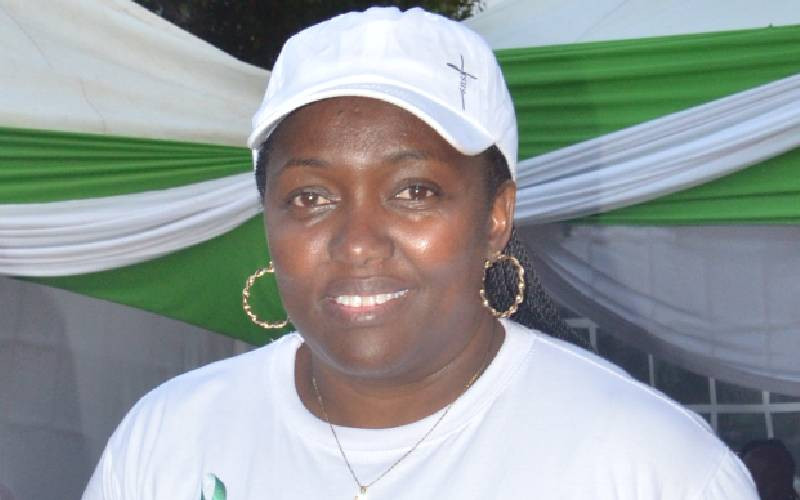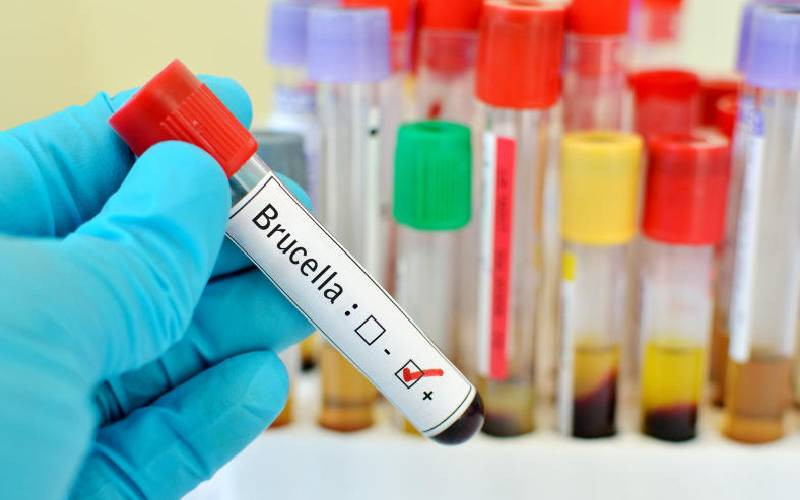
Bribery and favouritism are the main forms of corruption witnessed in the procurement of projects in the country's health sector.
This is according to new findings by the Ethics and Anti-corruption (EACC), released on Wednesday.
The report was released barely a week after the Kenya Medical Supplies Authority (Kemsa) reported irregularities in the procurement of mosquito nets worth Sh3.7 billion.
Facts First
Unlock bold, fearless reporting, exclusive stories, investigations, and in-depth analysis with The Standard INSiDER subscription.
Already have an account? Login
 The Standard Group Plc is a multi-media organization with investments in media
platforms spanning newspaper print
operations, television, radio broadcasting, digital and online services. The
Standard Group is recognized as a
leading multi-media house in Kenya with a key influence in matters of national
and international interest.
The Standard Group Plc is a multi-media organization with investments in media
platforms spanning newspaper print
operations, television, radio broadcasting, digital and online services. The
Standard Group is recognized as a
leading multi-media house in Kenya with a key influence in matters of national
and international interest.











